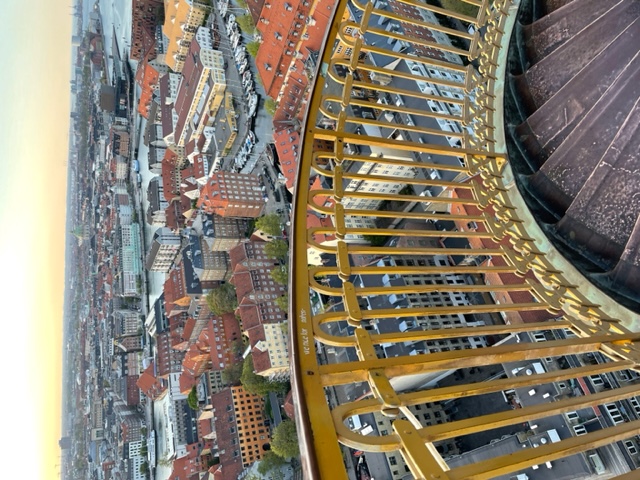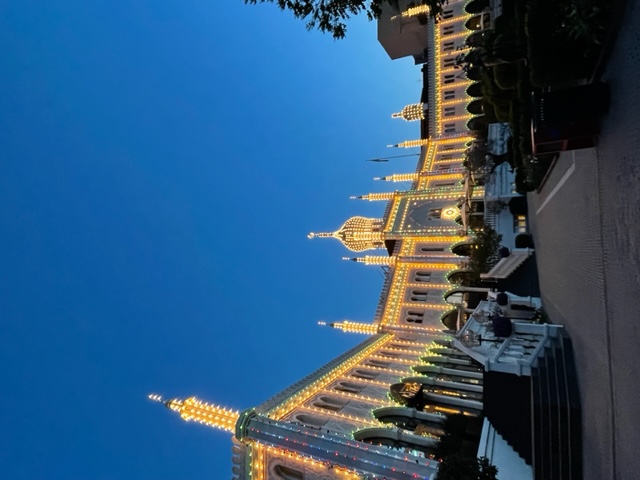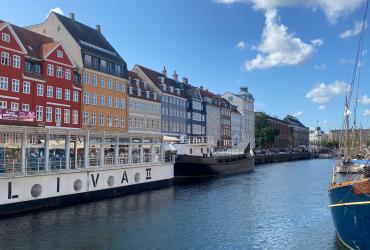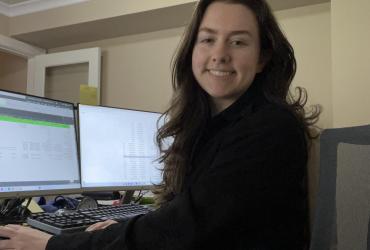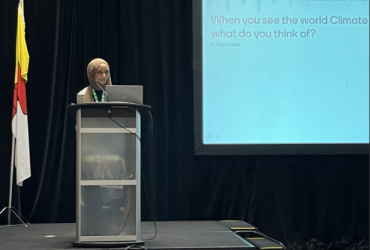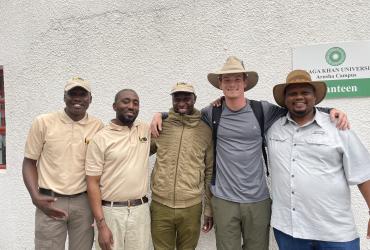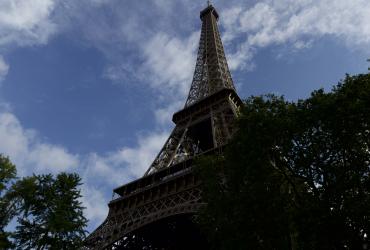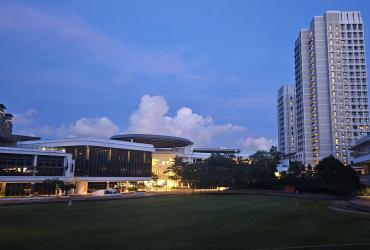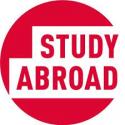Orientation and First Weeks
The format for the Faculty of Science Orientation was an all-day event featuring ice breakers, lectures, lunch and campus tours. The orientation also included several socials over a week at a Student cafe called Studenterhuset and tours at various campuses. Information included the Danish grading systems, culture, university history, etc. The highlight of the orientation was a campus tour/scavenger hunt that took place. This allowed everyone to bond and have fun together. Many of the people I met during this orientation became some of my core friends throughout the semester.
Day to Day
In Copenhagen, the day-to-day included biking or taking their excellent transit system to and from class. After or before class, I would often head to a cafe or try out a new brunch spot. I enjoyed checking out the free activities throughout the city, such as free museum days and concerts. On Fridays, my friends and I would head to the University of Copenhagen's different faculty bars. I made sure to attend various Erasmus social events, including board game nights, soap-making classes and karaoke nights.
Learning and Adaptation
I took two classes designed for exchange students. My classes were once a week and included optional out-of-class learning activities such as field trips and movie screenings. One field trip included taking a bus to Sweden. The class size was a maximum of 40 students. Attendance was optional and did not count towards the final grade. The class grade was based on one paper written at the end of the semester worth 100% of the individual's grade. Just like SFU, KU also uses Canvas for their classes. The Danish grading scale was different though as Denmark uses a 7-point grading scale.
Accomplishments and Challenges
For me, exchange was a whole new opportunity. I had never lived alone, and I had never lived in a foreign country. Some of my proudest moments included joining Actory, a sustainability lab at a Studenterhuset in Copenhagen where students can volunteer. I worked with a team of students from all over the world to create a community kitchen event for exchange students at the University of Copenhagen. It has always been my dream to live in Copenhagen, so having the opportunity to live abroad was an accomplishment. Some of my challenges included the visa application process, as there is no Danish Embassy on the western side of Canada, which makes students from the West coast of Canada have to apply through Visa Facilitation Services (VFS).
Cultural and Environmental Observations
Denmark has a very similar culture to Canada in terms of values. Considering environmental observations, Denmark is a very sustainable country. They focus on active travel incentives such as bike and scooter sharing, a 24/7 metro system, and biking infrastructure. Additionally, Denmark is known for their social welfare, which allows education, healthcare and childcare to be more accessible and economically feasible for residents. Danes also learn English very early and pick up a third language in high school.
Social and Extracurricular Activities
For social and extracurricular activities, I recommend looking into Erasmus. Erasmus is an exchange program network for European students. However, non-European students can get an Erasmus Student Network (ESN) card as well and join various social activities and trips at a discounted rate. I went on a trip to Lapland, Finland through ESN, where I went swimming in the Arctic Ocean, cross-country skiing and saw the northern lights while snowshoeing at night. Trips to Norway and Iceland were also available. ESN is helpful in saving you money as well as you can get discounts for things such as Flixbus, certain flight companies, and baggage allowance. Volunteering for ESN or attending their social events is another way that you can connect and it is how I met several of my best friends.
Wrap Up
Exchange was a great way to gain a new perspective on life, your academic major and meet new people. Exchanges allow individuals to grow, learn more about themselves and others, and gain knowledge and independence in ways they did not previously believe were possible.
